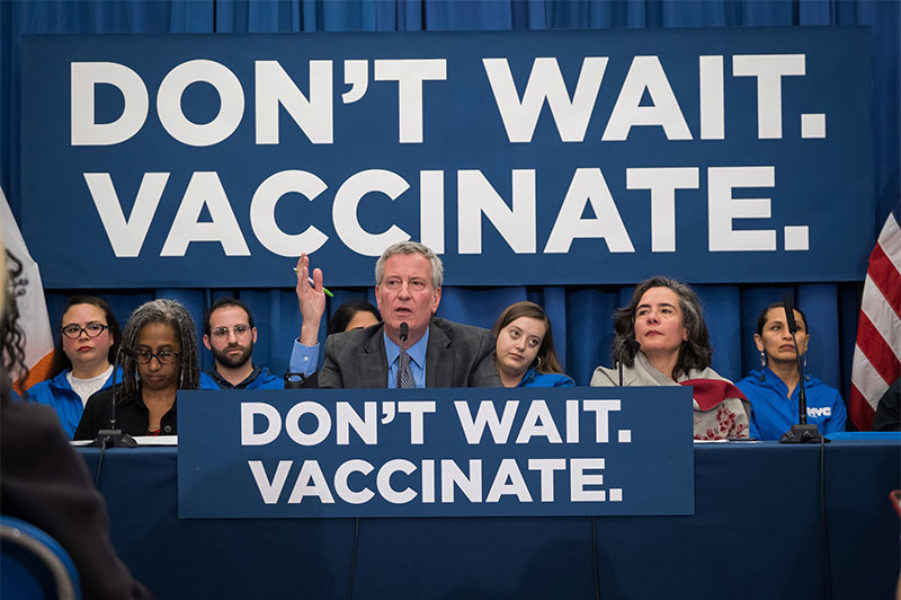
Connecting Traditions to Wellness: Key Policy Takeaways from the 2019 Tribal Public Health Summit
Law & Policy InsightsOpioid Misuse and Overdose PreventionEnvironment, Climate and HealthTribal HealthOral HealthOral Health ProjectTribes across the country are restoring ancient traditions to improve overall wellness of American Indians and Alaska Natives. The recent National Tribal Public Health Summit highlighted these stories and identified the need for law and policy solutions to address a number of critical issues including opioid harm prevention and treatment, access to oral health care, and climate change.











